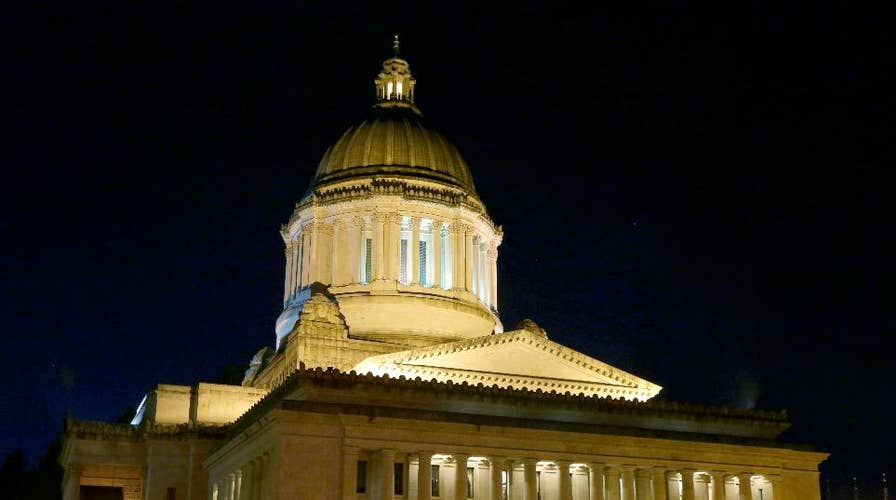Tax reform: The key issues that could derail the bill
Both House and Senate lawmakers are working to make a deal on tax reform. Here is a look at the key issues, from health care to child credit tax relief, that could derail its passage.
I’m not in the habit of giving stock tips or making market calls. I’ve never claimed to be an investment strategist. But after spending years reporting on business and finance, I was convinced on the night of Nov. 8, 2016, that the conventional market wisdom was way off target.
As the night wore on and equity traders began to grasp that Donald Trump would become president, stock markets around the world started selling off. In the U.S., trading in S&P 500 futures would eventually be halted after a 5% decline. After midnight, Paul Krugman of the New York Times opined: “If the question is when markets will recover, a first-pass answer is never.”
I didn’t see it that way. For years I’d been hearing anguished people at companies large and small bemoan the growing federal burden of taxes and regulations. Now the U.S. would have a president who intended to reduce this hardship and prioritize economic growth.
When I sat down around 10:30 on election night for a Fox News panel discussion, Dow futures were down about 700 points. Markets like certainty; it was understandable that some investors were selling. Mr. Trump seemed to present more uncertainty than Hillary Clinton, who was essentially promising a continuation of the Obama administration. Mr. Trump’s talk about ripping up the North American Free Trade Agreement, for example, created big unknowns and potentially significant risks.
Keep reading Fox Business Network anchor Maria Bartiromo's column in the Wall Street Journal.

